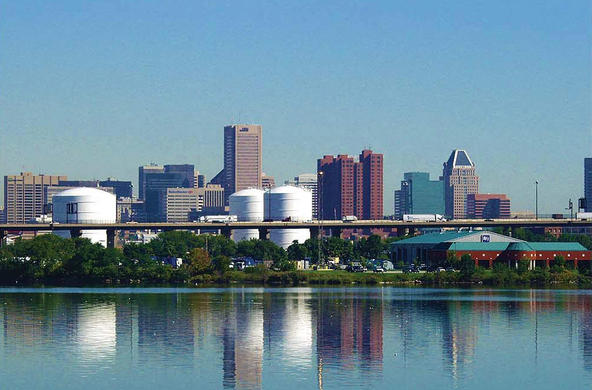This past summer, I had the pleasure of being a Visiting International Professor at the Research Center for Eco-Environmental Sciences in Beijing. The center is part of the Chinese Academy of Sciences, and home to the State Key Laboratory of Urban and Regional Ecology. Researchers in China are well-poised to share their knowledge about urbanization; my three month stay helped put our work in Baltimore in a larger perspective.
The pace of urbanization in China is astonishing. It leads the world in the sheer number of citizens converting from rural to urban lives. For thousands of years the country was largely agricultural. Starting in the late 1970s, with the establishment of new policies, its population transformed from rural to mainly city-dwelling. Many cities were created from scratch across broad regions. And while China has a strong central government, this has not translated into straightforward urban policy or planning.
Take China’s ‘hokou’ policy, which requires the registering of urban households. Not only do unregistered rural migrants wind up crowded into less-than-desirable rental units, but their children are not permitted to attend public schools. During my stay, the Chinese government announced that hukou policies would differ based on city size. The intent is to spread urbanization across the spectrum of cities, but it will likely result in a pulse in migration, with potent social and ecological consequences.
Planning museums are a fixture in China’s large cities. But plans on display often contradict facts on the ground. In Beijing, green space has disappeared under roads and buildings. Mountain districts protected in the interest of clean water also experienced tree removals for urban plantings. Tianjin held more promise. Sensitive forests, lakes, seacoast, and rivers were buffered by boundaries. Urban residents had access to parks, and wetlands formerly devoted to agriculture were in the process of being restored.
The richness, speed, and nature of Chinese urbanization are a useful intellectual foil to the specific history and trajectory of urban change in Baltimore. I learned a great deal from my Chinese colleagues and look forward to continued collaboration on how social and ecological dynamics can inform sustainable cities. For more about my stay, visit: besdirector.blogspot.com.








